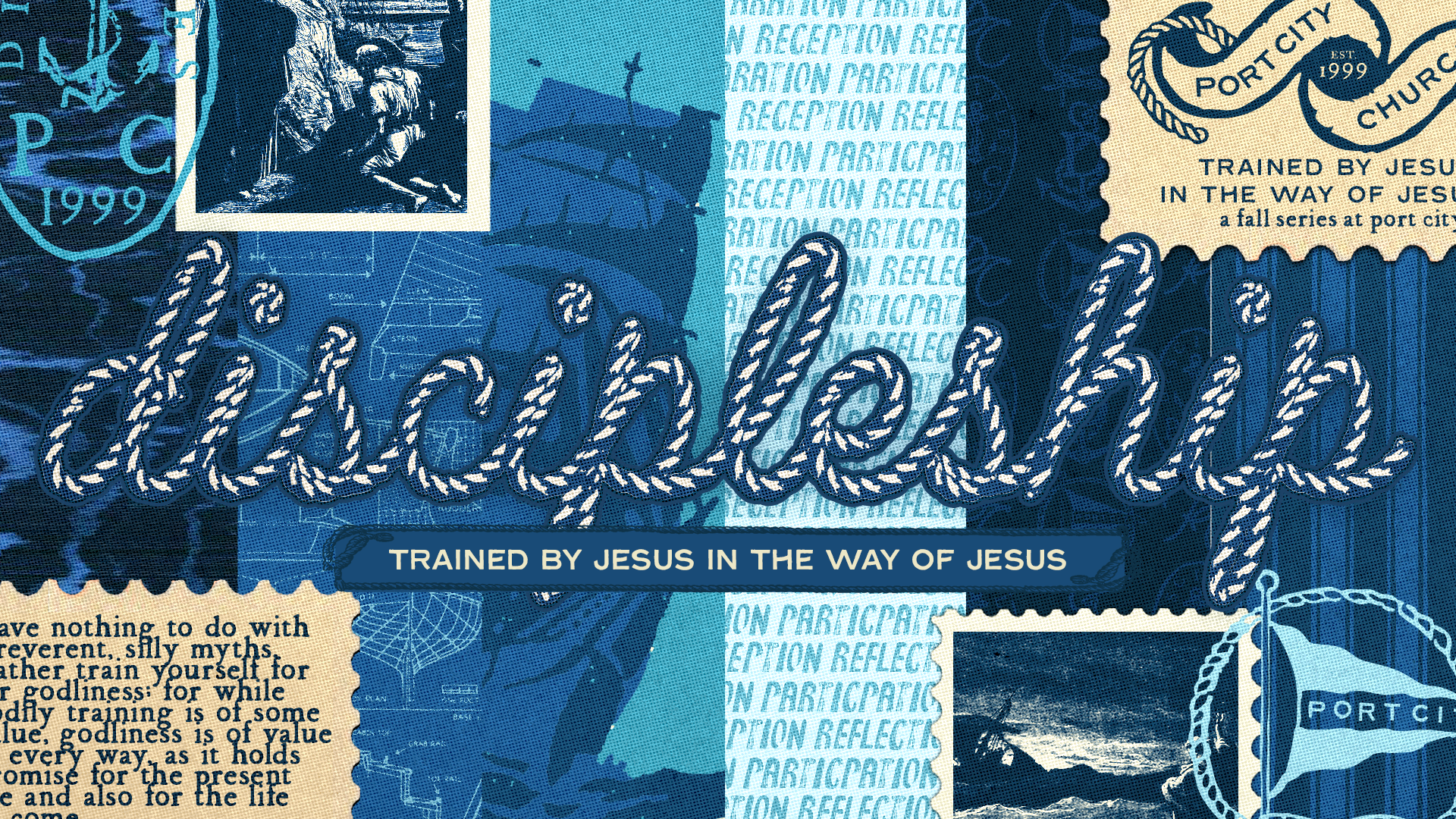Restoration Project
READ
Growing up, my neighbor John restored a classic 1967 Mustang for over three years. Every Saturday morning, you'd find him in his garage with grease-stained hands, carefully replacing parts and polishing chrome. But here's what strikes me: he never worked alone. His teenage son helped with the simpler tasks, learning as he went along. A friend who's a mechanic stopped by monthly to offer expertise. I was even recruited to hold a wrench or two (big mistake). Marcus wasn’t just restoring a car; he was inviting others into something beautiful. This is a picture of what Paul describes in today’s passage.
Let’s take a moment to read 2 Corinthians 5:18-20:
"All this is from God, who reconciled us to himself through Christ and gave us the ministry of reconciliation: that God was reconciling the world to himself in Christ, not counting people's sins against them. And he has committed to us the message of reconciliation. We are therefore Christ's ambassadors, as though God were making his appeal through us. We implore you on Christ's behalf: Be reconciled to God."
REFLECT
God is doing the ultimate restoration project—reconciling the world to himself—and he's inviting us to participate. We're not passive observers of God's mission; we're active collaborators, each bringing our unique gifts and presence to the work.
Notice the progression in Paul's words: God reconciled us, gave us the ministry, committed the message to us, and made us ambassadors. This isn't a solo performance where God does everything while we watch from the sidelines. Instead, God chooses to work through ordinary people who are willing to participate in his extraordinary mission.
But what does this participation actually look like? Sometimes we imagine that participating in God's mission requires dramatic gestures—becoming missionaries, preaching on street corners, or leading massive ministry programs. While God certainly calls some to these roles, most of our participation happens in beautifully ordinary ways.
Consider your weekly routine. The grocery store clerk who seems overwhelmed, the coworker navigating a difficult divorce, the elderly neighbor who rarely has visitors—these are opportunities for participation in God's reconciling work. When we bring purpose, presence, and love to these encounters, we become ambassadors whether we realize it or not.
An ambassador represents their home country in a foreign land. They carry the values, message, and heart of their nation wherever they go. As Christ's ambassadors, we carry God's heart for reconciliation into every space we enter. This doesn't mean we're constantly preaching or trying to fix everyone's problems. Instead, it means we show up in ways that reflect God's character—extending grace instead of judgment, offering presence instead of empty platitudes, choosing love even when it's difficult.
The word "reconciliation" means to restore a broken relationship, to bring together what has been separated. God's mission is fundamentally about healing divisions—between God and humanity, between people and each other, even between people and themselves. When we participate in this mission, we're joining God in the work of mending what's been torn.
This might look like really listening to someone who feels unheard. It could mean apologizing for a mistake instead of defending ourselves. Perhaps it's choosing to see the humanity in someone who holds different political views. Or it might be as simple as treating the fast-food worker with dignity during the lunch rush.
The beautiful truth is that we don't need to manufacture opportunities to participate in God's mission. They're everywhere, woven into the fabric of our daily lives. The question isn't whether opportunities exist, but whether we'll have eyes to see them and hearts willing to engage.
Paul emphasizes that this ministry has been "given" and "committed" to us. It's both a gift and a responsibility. We get to participate in the most important work in the universe—helping restore relationships and heal divisions. At the same time, this participation matters. People's lives can be changed by how we choose to show up.
Remember, though, that we participate from a place of already being reconciled. We don't earn God's love through our ambassadorial work; we express it. This removes the pressure to perform perfectly and replaces it with the freedom to engage authentically.
RESPOND
Take a moment to process what God might be leading you to do in light of what you read.
Where in your regular routine do you encounter people who might need to experience God's reconciling love?
How does knowing you're already reconciled to God change your motivation for participating in his mission?
What would it look like to approach one challenging relationship in your life as an opportunity for reconciliation?
REST
Take a moment to rest in God’s presence and consider one thing you can take away from your time reading, then close your devotional experience by praying:
Father, thank you for reconciling me to yourself and inviting me into your mission of healing and restoration. Open my eyes to see the opportunities for reconciliation in my daily life, and give me courage to participate with purpose, presence, and love. Help me represent you well as your ambassador, not through perfect performance but through authentic engagement. Use my ordinary interactions for your extraordinary purposes. Amen.

